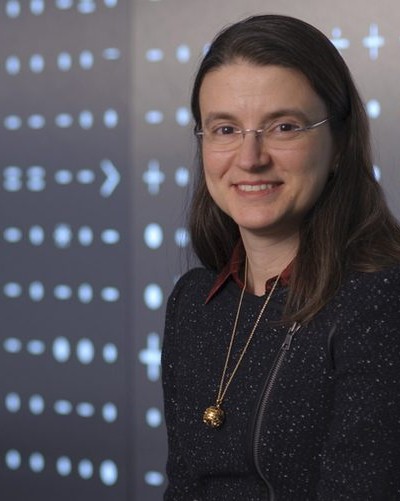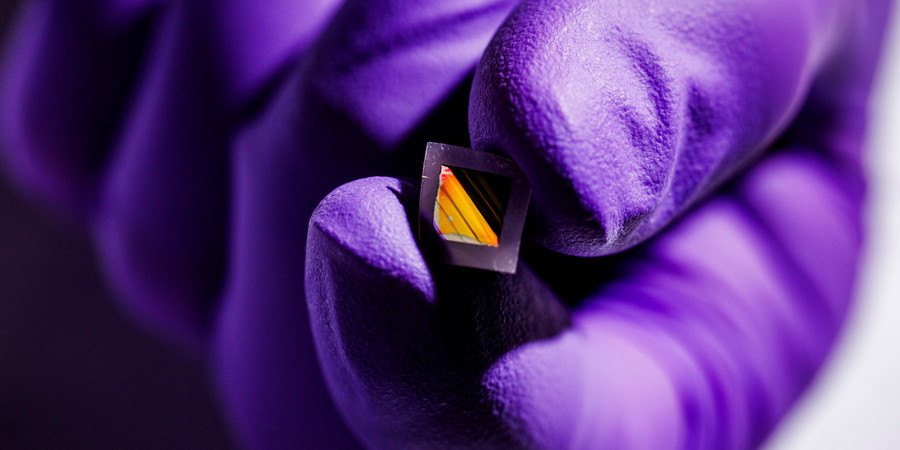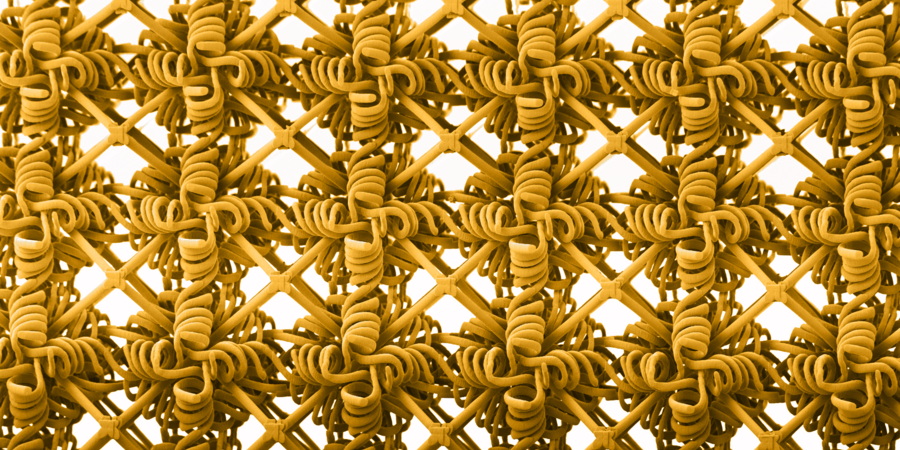Matthew Hutson | Department of Nuclear Science and Engineering
November 16, 2021
Bilge Yildiz’s research impacts a wide range of technologies. The members of her lab study fuel cells, which convert hydrogen and oxygen into electricity (and water). They study electrolyzers, which go the other way, using electricity to convert water into hydrogen and oxygen. They study batteries. They study corrosion. They even study computers that attempt to mimic the way the brain processes information in learning. What brings all this together in her lab is the electrochemistry of ionic-electronic oxides and their interfaces.
Complete article from MIT News.
Explore
III-Nitride Ferroelectrics for Integrated Low-Power and Extreme-Environment Memory
Monday, May 5, 2025 | 4:00 - 5:00pm ET
Hybrid
Zoom & MIT Campus
New Electronic “skin” could Enable Lightweight Night-vision Glasses
Jennifer Chu | MIT News
MIT engineers developed ultrathin electronic films that sense heat and other signals, and could reduce the bulk of conventional goggles and scopes.
MIT Engineers Print Synthetic “Metamaterials” that are Both Strong and Stretchy
Jennifer Chu | MIT News
A new method could enable stretchable ceramics, glass, and metals, for tear-proof textiles or stretchy semiconductors.




